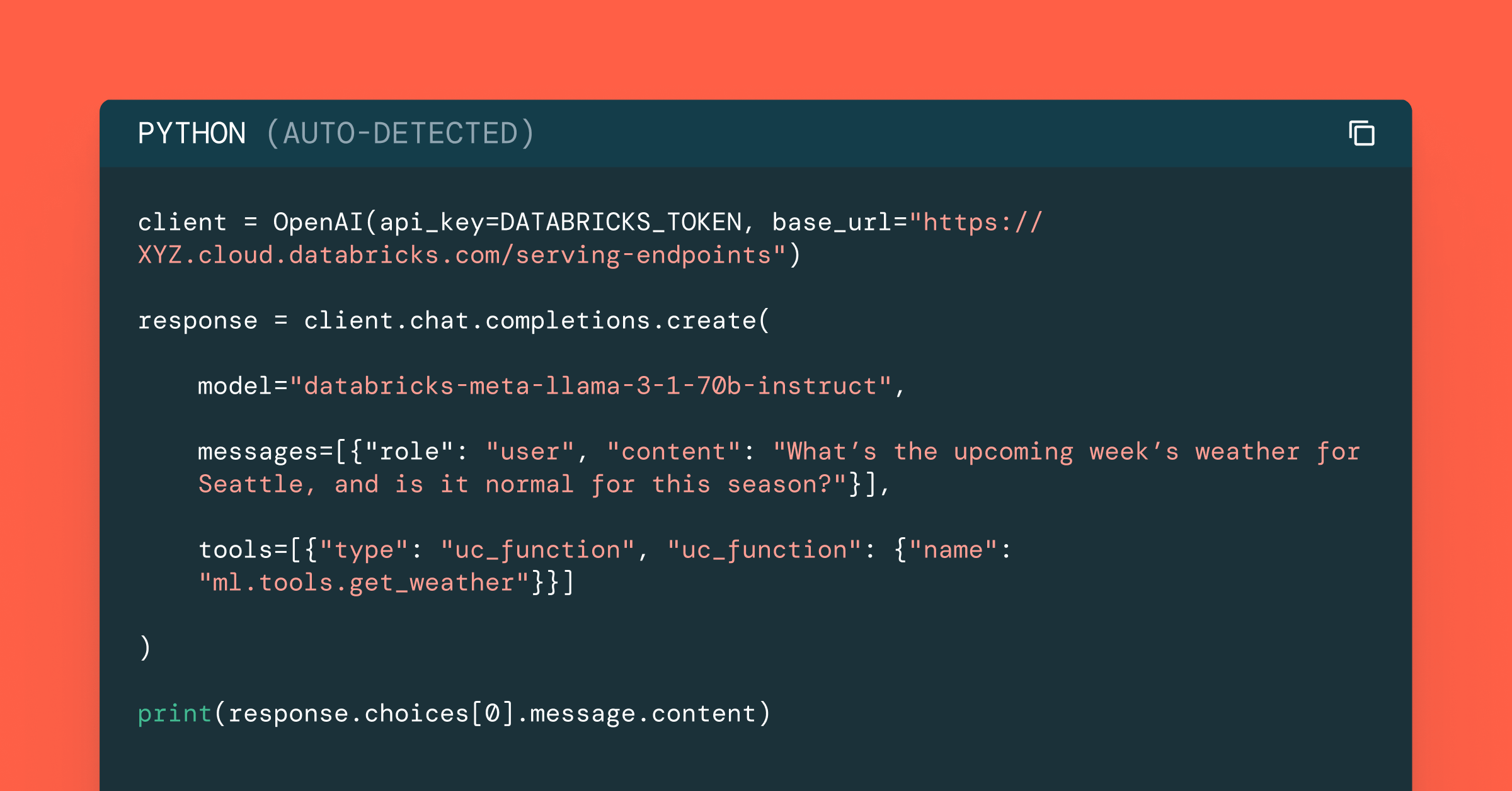Announcing General Availability of Managed MLflow on Databricks

Try this tutorial in Databricks
MLflow is an open source platform to help manage the complete machine learning lifecycle. With MLflow, data scientists can track and share experiments locally or in the cloud, package and share models across frameworks, and deploy models virtually anywhere.
Today at the Spark + AI Summit, we announced the General Availability of Managed MLflow on Databricks: a fully managed version of MLflow integrated into Databricks. You can read more about the specific integrations on our previous blog on Managed MLflow.
Since we unveiled MLflow last June at the previous Spark + AI Summit, the development community around it has rapidly grown, with 85 contributors from over 40 companies. These contributors rapidly added support for multiple programming languages and integrations with popular ML libraries and frameworks.

Commercial support for MLflow has also rapidly matured, with Microsoft announcing that they will become an active contributor to MLflow.
Managed MLflow on Databricks offers a hosted version of MLflow fully integrated with Databricks’ security model and interactive workspace. Today, Managed MLflow is GA on both AWS and Azure.
New in Managed MLflow: Notebook Sidebar
Tight integrations with Databricks make Managed MLflow more seamless to use. In the new GA version, one such integration is the ability to track runs from a sidebar in each Databricks notebook. Databricks also automatically captures a snapshot of your notebook every time you use MLflow, and from this sidebar, you can rapidly see the corresponding version of the notebook.
https://www.youtube.com/watch?v=BkRjMxuAVSI
MLflow tracking integration with the notebook sidebar in Databricks
Other powerful integrations include the ability to launch MLflow Project runs remotely on Databricks clusters, and integrations with Databricks’s security model to add access-control to MLflow, as described in our Managed MLflow documentation.
Gartner®: Databricks Cloud Database Leader
What's Next with Open Source MLflow?
We also have an aggressive roadmap for open source MLflow, and are excited to work with the community to expand the project. The community is working to release MLflow 1.0, which will provide API stability guarantees and also a set of new features like better search UI & API, HDFS support, simplified shell commands, and Windows support.
Watch Matei Zaharia's Keynote at Spark + AI Summit to find out more and stay tuned on our blog for more information:
Get Started with Managed MLflow on Databricks
If you’re an existing Databricks user you can start using Managed MLflow right now. Visit the Databricks MLflow guide [AWS][Azure] and the Quick Start notebook [AWS][Azure] to get started. If you’re not yet a Databricks user, visit databricks.com/product/managed-mlflow to learn more and start a free trial of Databricks and Managed MLflow.
To learn more about open source MLflow, visit www.mlflow.org and join the community!
Finally, don’t miss our upcoming webinar – Managing the Machine Learning Lifecycle: What's new with MLflow – with Clemens Mewald, Director of Product Management for Machine Learning and Data Science at Databricks.
Never miss a Databricks post
What's next?

Data Science and ML
October 1, 2024/5 min read


